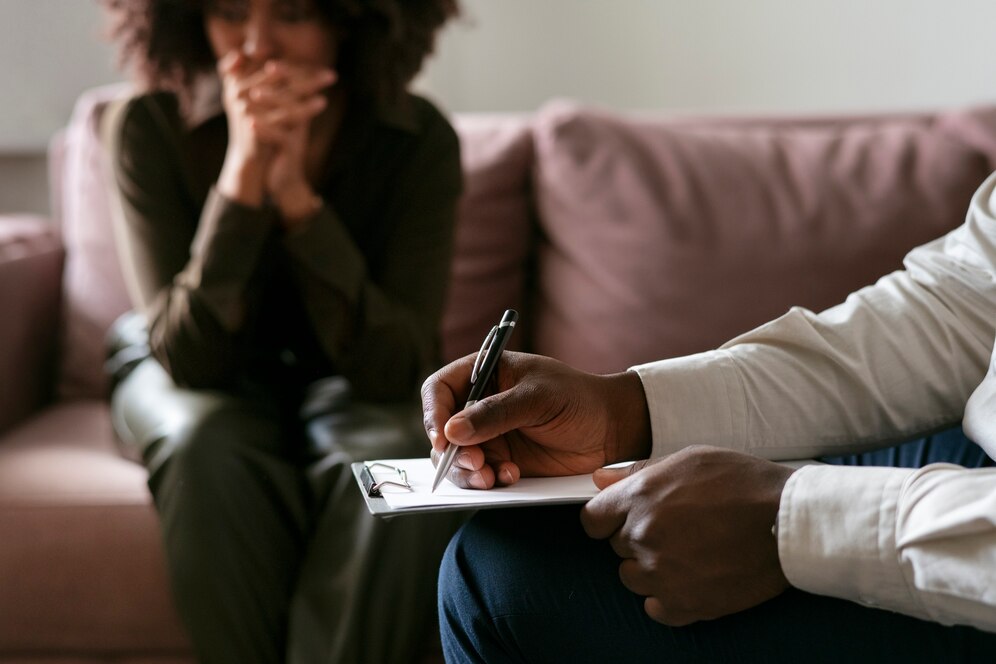🎧 Listen to: Seeking professional help for grief means you are not strong enough is a myth

Seeking professional help for grief means you are not strong enough is a myth
How widespread is the taboo?
You lose a loved one, and suddenly everyone is watching you. “Be strong,” they say. “Don’t cry too much.” If you dare mention seeing a counselor, Auntie Esi gasps, “Are you not strong enough?” In many African communities, seeking help for grief is seen as a sign of weakness. But let’s be real—does ignoring pain make it disappear?
Why does this belief exist?
- Cultural expectations: We are taught to “take heart” and move on quickly.
- Fear of judgment: No one wants to be seen as “too emotional” or “too soft.”
- Lack of mental health awareness: People assume grief fades naturally, so why seek help?
What is the impact of the myth?
- Suppressed emotions: People pretend to be okay while struggling inside.
- Delayed healing: Unprocessed grief can lead to long-term emotional distress.
- Increased mental health issues: Depression, anxiety, and even physical illnesses can result.
How can we combat the myth?
- Encourage open grief discussions: It’s okay to talk about pain and loss.
- Educate with relatable examples: “Just like we visit a doctor for physical injuries, seeking help for emotional pain is equally important.”
- Encourage seeking help: Therapy and counseling provide healthy ways to heal.
What is the bottom line?
Seeking help for grief is not weakness—it’s wisdom. Healing takes support, not silence!
